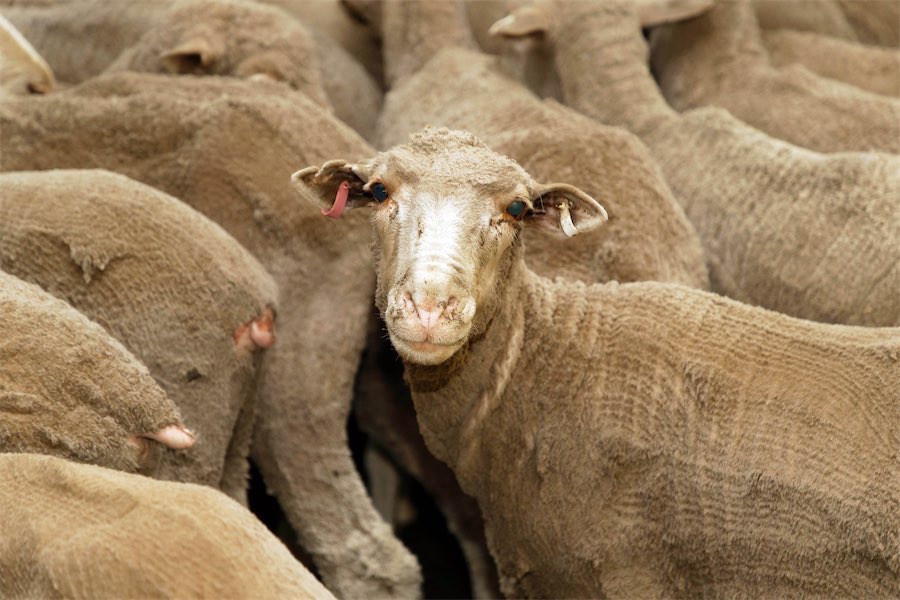
Artificial-intelligence technology is being used to produce realistic, degrading and offensive content of children as more families report online bullying.
Parents are being asked to talk to their kids about online safety and treating others with respect ahead of the return to school amid a 40 per cent rise in cyberbullying reports to Australia’s online safety regulator.
Two-thirds of the 2383 reports the eSafety Commissioner received last year involved children aged 12 to 15.
Girls also made up two-thirds of reported cyberbullying victims, while one in three reports involved either offensive or upsetting imagery or fake accounts and impersonations.
Rapid take-up of sophisticated artificial intelligence technologies was changing the nature of online abuse, acting eSafety Commissioner Kathryn King said on Thursday.
She urged families to not make online safety a “set and forget” issue and urged responsible adults to actively guide and support children’s online experiences.
“The nature and impact of cyberbullying harm is changing for the worse with the rise of generative AI technologies,” Ms King said.
“These incredibly powerful tools burst onto the mainstream stage last year and are now being used to produce very realistic, degrading and offensive synthetic content featuring real people, including children.”
Cyberbullying reports typically rise during school terms due to it being a continuation of the bullying occurring on school grounds, Ms King said.
Parents and carers can keep abreast of possible bullying by regularly asking their children questions about what they are doing online and who they are chatting to, similar to questions about school activities and friendships.
Signs a child is experiencing cyberbullying include appearing sad, lonely, angry, worried or upset more than usual and unexpected changes in friendship groups.
They may also have changes in sleep or eating patterns and become secretive about their mobile phone use.
“Before school returns, it’s helpful to sit down with your children to reassure them they can always come to you if they see anything online that makes them feel uncomfortable – but to also remind them to treat others with respect,” Ms King said.
The online safety watchdog can provide support in cyberbullying cases, as well as adult cyber and image-based abuse.
The agency has the power to order the removal of seriously harmful illegal or restricted content.
Commissioner Julie Inman Grant is currently overseas meeting with European leaders to improve the online rights of children and improve their digital safety.
Who can be trusted?
In a world of spin and confusion, there’s never been a more important time to support independent journalism in Canberra.
If you trust our work online and want to enforce the power of independent voices, I invite you to make a small contribution.
Every dollar of support is invested back into our journalism to help keep citynews.com.au strong and free.
Thank you,
Ian Meikle, editor





Leave a Reply